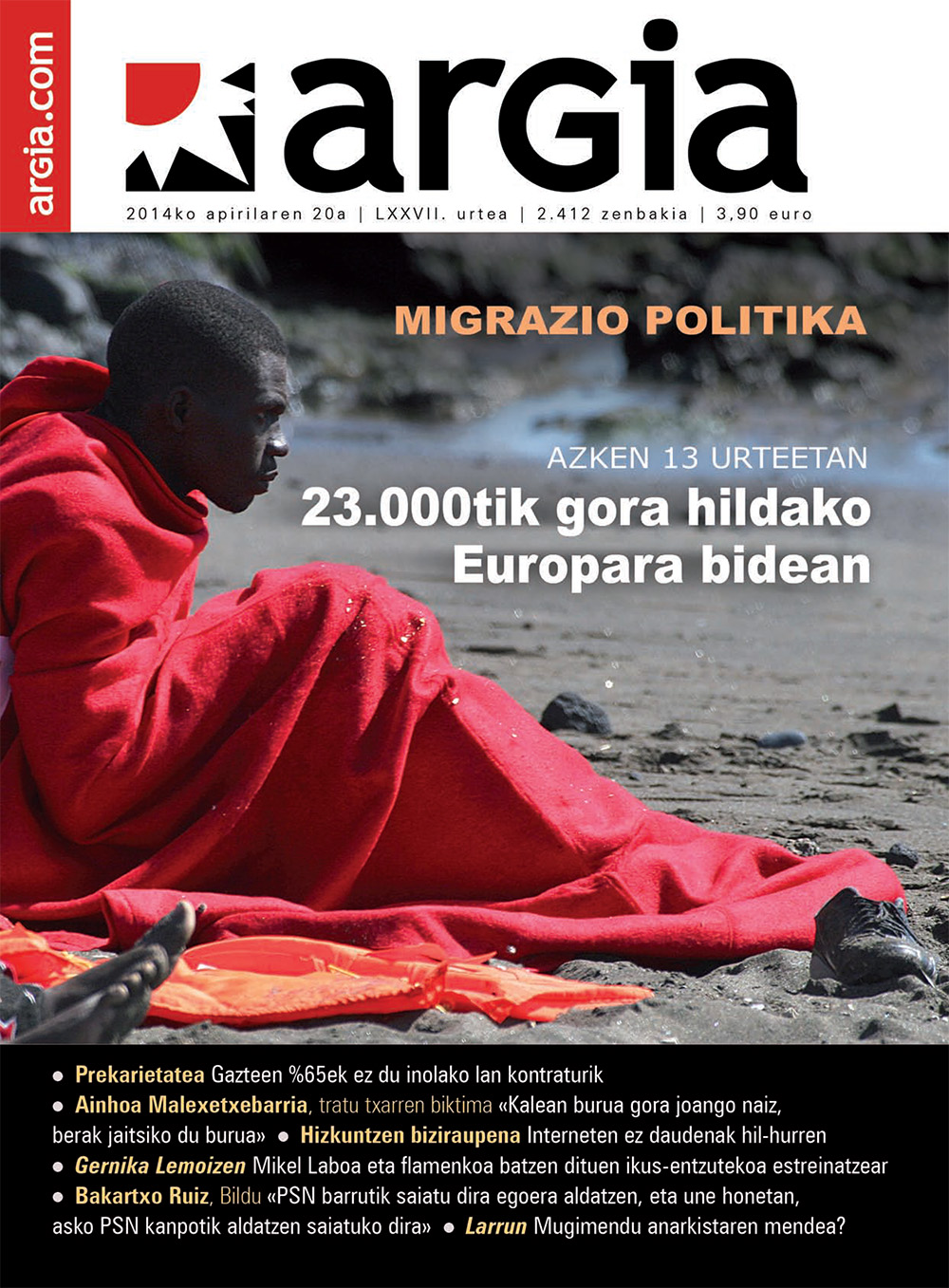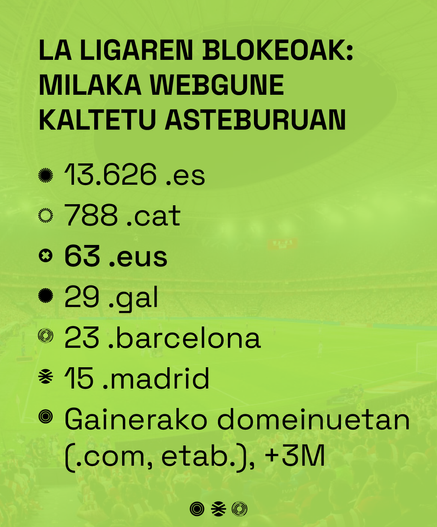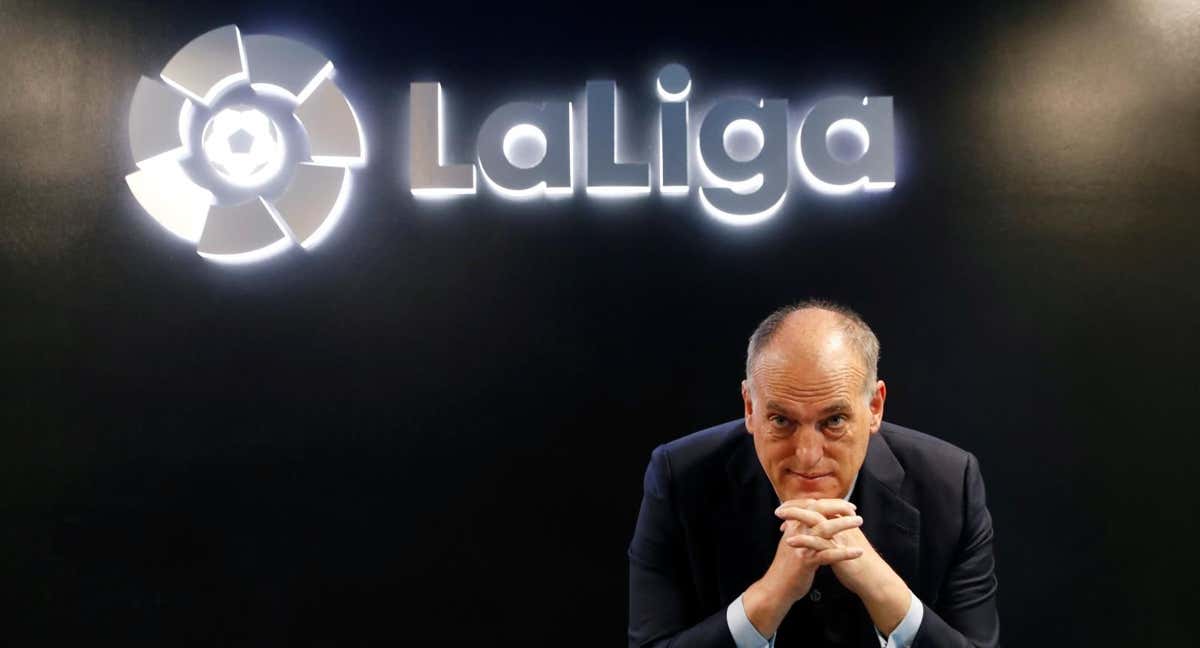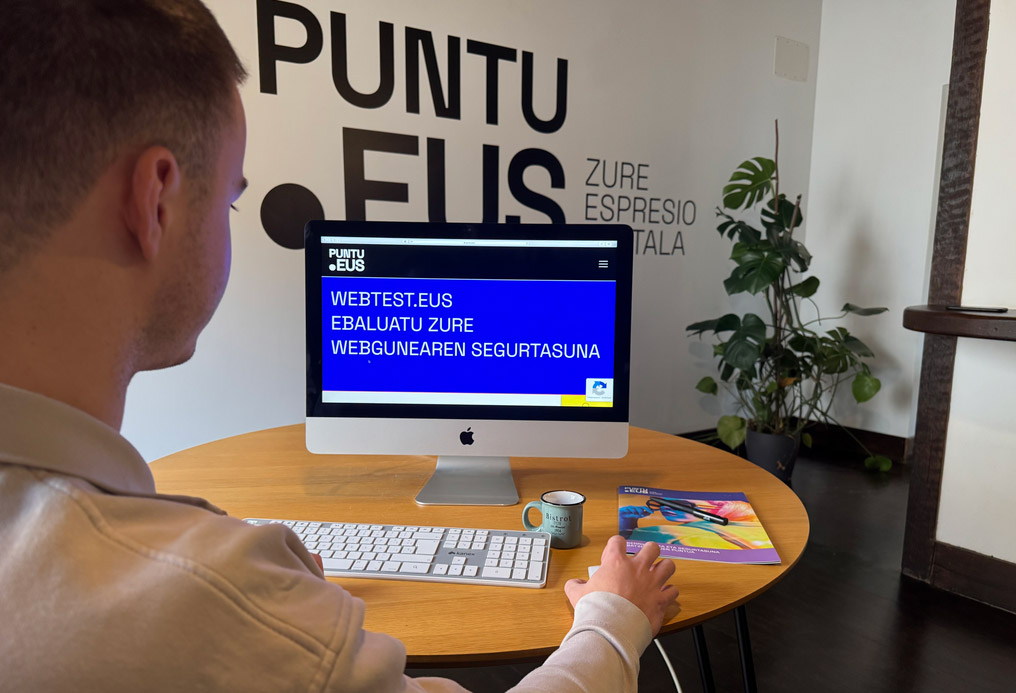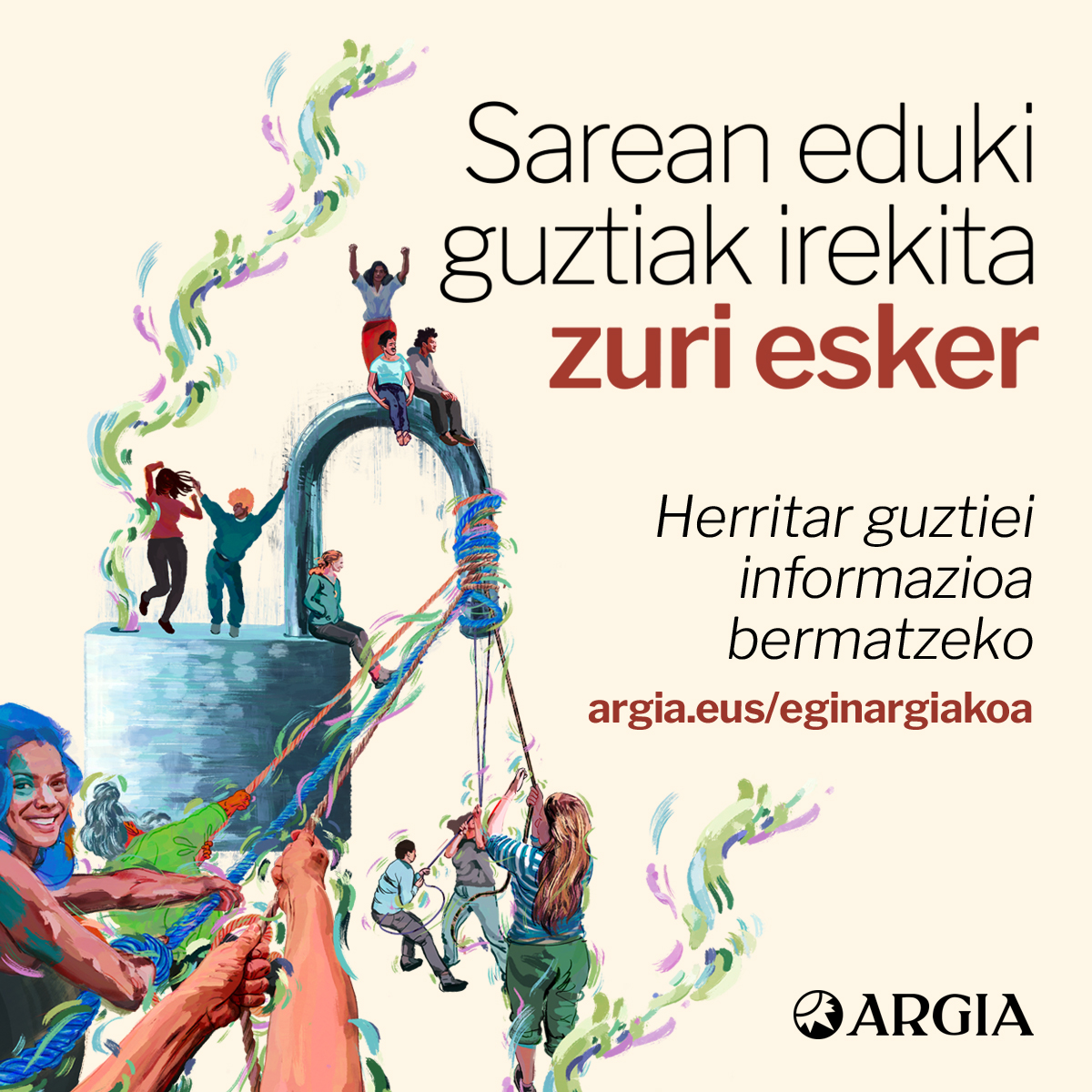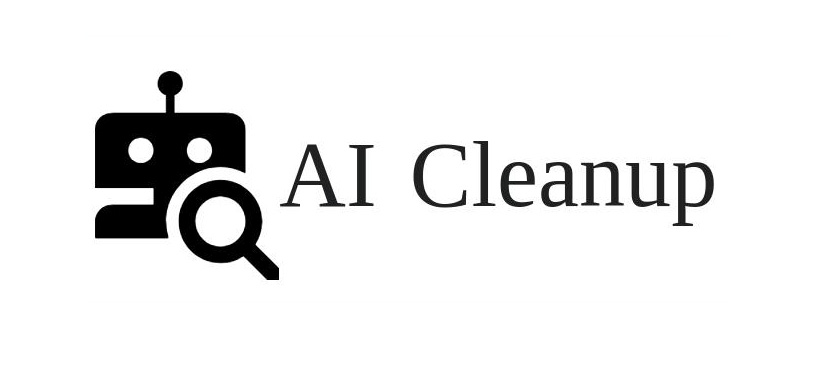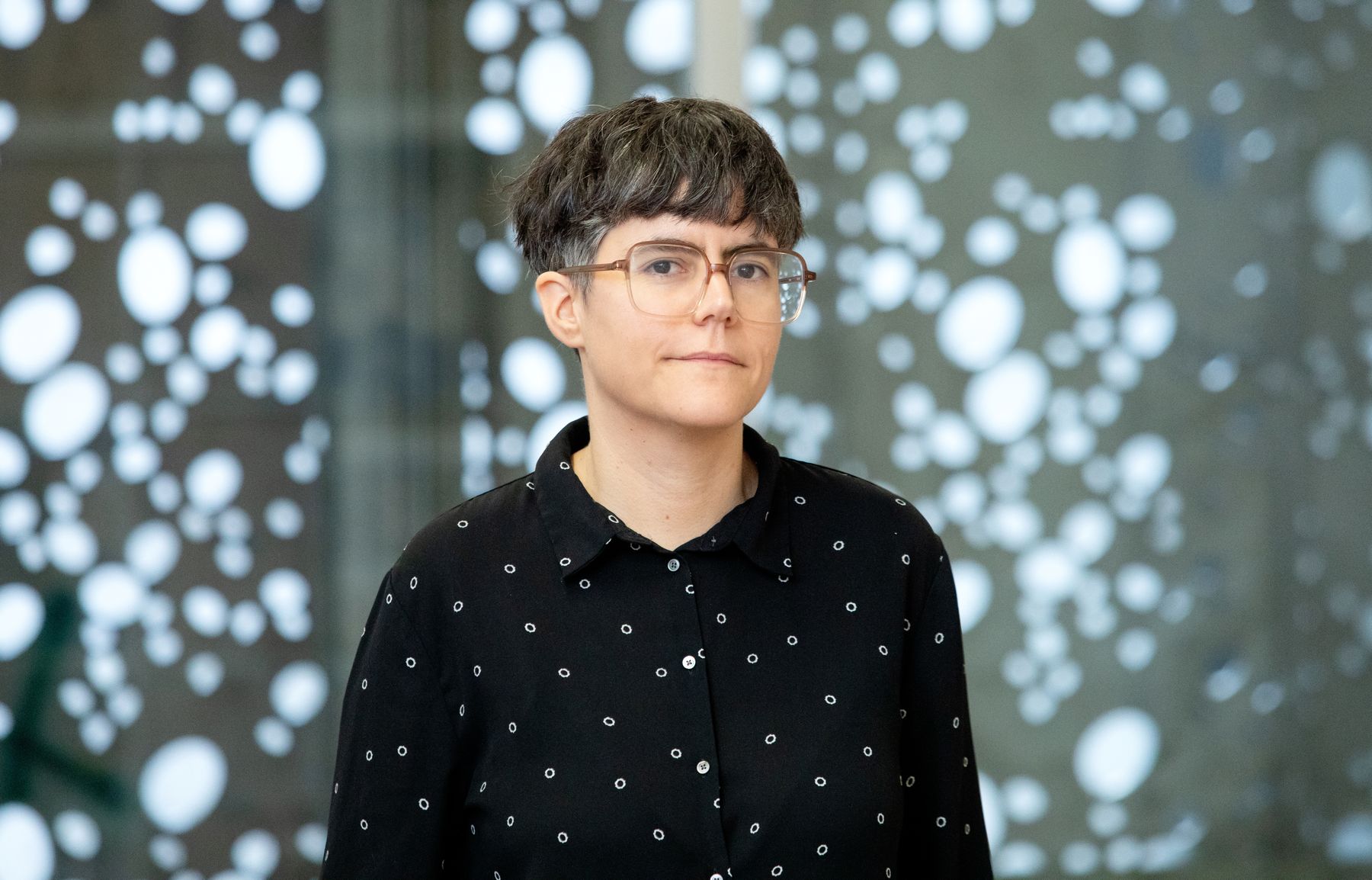Death penalty for languages not used on the Internet
- Only 5% of the world’s languages are used on the Internet, according to a study by linguist András Kornai, who will condemn the remaining 95% to death. There is, however, an exception among the major languages that will survive the digital massacre, as the life expectancy of some minority languages has improved by making the digital leap.
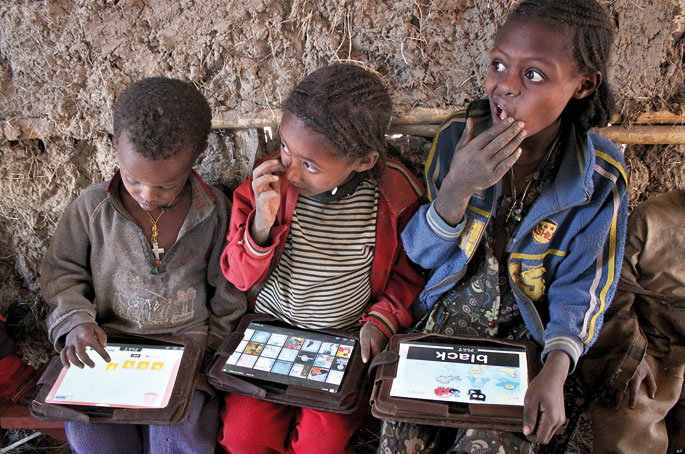
Languages have been studied as living beings since the German philosopher Johann Gottfried von Herder (1744-1803) used this biological metaphor. Although some linguists are opposed to this comparison, the biological metaphor has gained widespread recognition in areas such as studying how languages disappear or designing linguistic policies. Languages, like the species of living beings, evolve, the strongest expand and this leads to the disappearance of the weakest languages. Adapt or die.
The Internet has placed the languages of the world in that trance: those who do not adapt to the Internet will die. This is at least the starting point of a study by Hungarian linguist and mathematician András Kornai (Budapest, 1957). The result of the work has been published in the scientific journal Plos One under the title Digital Language Death.
The agony of languages is usually divided into three phases: firstly, speakers stop using language in practical areas, for example in commerce; then, younger speakers lose interest in using it; and finally, the next generation does not use it and dies. According to Kornai, the Internet drives and accelerates the first two phases, which inevitably leads to the last phase of languages, to death.
Based on the investigation, Kornai put on the table a question: How many languages are used on the Internet? And, therefore, how much not? Or in other words: How many languages will be saved? And how many will condemn the Internet to death? The researcher clarifies that it is not the same as a language is on the Internet that is used on the Internet. Being a large database, most languages are on the Internet, such as Sanskrit or Latin texts, which are stored in libraries, but mere existence does not guarantee their survival. Kornai, therefore, needed to know which languages are actively used on the Internet to conduct his research. To do so, it has designed and implemented a program that explores the most commonly used words in each language in areas with more users. It has also analysed the linguistic possibilities of operating systems, automatic correctors and other similar tools. Finally, it has given particular importance to Wikipedia, as it considers the encyclopedia to be the clearest exponent of the digital health of languages: “All the languages that go up the net need to create Wikipedia.”
The results obtained by Kornai are far more negative than the forecasts of the bodies responsible for studying the health of languages, much more pessimistic. According to the atlas of endangered languages in the world, 17 per cent of languages are in danger of death and another 20 per cent are threatened. The Pact for Linguistic Diversity also uses similar percentages: About 40% of cases are at risk or risk. “This may lead us to think that the remaining 60% is in good shape, but the results of our study are very different,” says the Hungarian linguist. According to him, more than 95% of the world’s 7,776 languages are not actively used on the Internet. In addition, the percentage has been rounded up positively; under no circumstances does the rate of risk for live languages reach 5%. The results indicate that 170 languages (2%) have taken the train on the Internet and that there could be hope for another 140 (1.7%) who are "on the border".
Of course, in areas where Internet access is scarce, mainly in sub-Saharan Africa and in several countries in Asia and South America, languages have no life expectancy, according to the study. But the broad connection does not guarantee survival either; the clearest example of this is what is happening in Norway, as explained in the table on the previous page.
In addition, Kornai stresses that the train has passed, that those who have not taken it cannot go back, that the efforts are useless. “This mass death is not a question of the future that can be avoided or mitigated with excellent policies; the damage is done.”
Although Wikipedia is considered a clean indicator, it does not automatically provide a survival card either. On the positive side it refers to Viquipedia, Wikipedia in Catalan; the language with ten million speakers is 15. It has the largest Wikipedia and 1,600 active editors. But it says that some Wikipedia is born and preserved by the stubbornness of a few, and it gives an example of Wikipedia cling. The fictional language created in the Star Trek universe already has Wikipedia, but it has hardly any entries or users. Wikipedia has a project going on as an incubator. Today, the digital encyclopedia is available in 287 languages and the intention is to launch it on so many other occasions. Kornai believes that the initiative has a positive side, as activism is essential in minority languages that try to respond to the digital challenge, but that the possibilities of overcoming the port are scarce, with a maximum of 20 Wikipedias in the incubator.
There is no doubt that the number of speakers is an important factor, but the Internet can overturn the influence of this data. For example, in the area of Torino (Italy), between 2 and 3 million people continue to speak in piedmont, although it is hardly used on the Internet. Faroe, on the other hand, has fewer than 50,000 speakers, but a high-quality, living Wikipedia. According to Kornai, the faroe is more likely to survive (and yet few).
Minority languages must have different means and meet a number of requirements to overcome the digital apocalypse: to create a unified language or coine language in languages with different dialects; to have a stable publication structure that reinforces this standard; to make a special educational effort for the training of linguists and informatics who develop tools such as correctors and automatic translators. “The clearest example of this is the Basque Country,” says Kornai, “but that success is almost impossible to happen again.” On the one hand, efforts to achieve these means and conditions began before the digital age. On the other hand, they demanded great economic effort, and in poorer economies, without time, the future is dark.
In his optimism, Kornai believes that the commi language spoken in the north-west of Russia can take the path of the Basque language. The comic has two dialects: Permya (94,000 speakers) and Cirian (293,000). Given that they both have different variants, a unitary language should be created, since they have a university and, thanks to oil, the economic situation is also the right one.
Linguists usually use a period of 100 years to predict whether a language will survive. According to forecasts, of the more than 7,000 languages in the world, 2,500 will have at least one century of life in the classical sense. But the Internet has broken that forecasting model, and according to this study, ten times less, about 250, can survive since the 21st century. “We are witnessing the final phase of the Neolithic revolution. Today’s urban peasants are changing to the digital level, leaving behind hunter-gatherers and nomadic pastors.”
Norvegian interneteko konexioa ez da arazoa. 2012an interneteko erabiltzaileen portzentajean lehen postua lortu zuen %96,9ari esker (munduko batez bestekoa %34,3koa zen duela bi urte). Eta hala ere András Kornaik ikerketaren adibide garbiena, “laborategiko lagina ia”, herrialde horretan topatu du.
Norvegiar gobernuak norvegieraren bi aldaera onartzen ditu ofizialki: Bokmål eta Nynorsk. Hiztun kopuruan lehena aspaldi nagusitu zitzaion bigarrenari. Nynorsk aldaera biztanleen %10-15ek hitz egiten dute oraindik, 500.000-750.000 hiztunek. Eta hori nahiko da Hizkuntza Aniztasunerako Itunak arriskuan dauden hizkuntzen zerrendatik kanpo uzteko. Baina Kornairen azterketak agerian utzi du Nynorsk hiztunek oso gutxi erabiltzen dutela aldaera online. Kornairen hitzetan, “hizkuntza politika ofiziala Nynorsk bultzatzeko ahalegin orekatua egiten ari den arren, norvegiarrek, blogen eta txioen bidez, dagoeneko bozkatu dute aro digitalean soilik Bokmål aldaeraren eskutik sartu nahi dutela”.
I found the old news on the LIGHT ephemeris channel: On April 23, 1918, Irish workers went on a general strike in I. Against forced recruitment for World War II. Thanks to the response of the workers and independence supporters, Britain was forced to retreat.
We don’t have to... [+]
Economists love the charts that represent the behaviors of the markets, which are curves. I was struck by the analogy of author Cory Doctorow in the article “The future of Amazon coders is the present of Amazon warehouse workers” on the Pluralistic website. He researches the... [+]
Azken aldian, asteburuetan, Internet ez dabil ondo. Hasieran, zaila zen webguneei ezarritako blokeoen zergatia ulertzea; orain, badakigu Espainiako La Ligak agindu zituela, futbola modu ilegalean emititzea saihesteko. La Ligaren blokeoak euskal domeinuei eragiten dien... [+]
PuntuEus-ek doako tresna erabilgarri bat jarri du edonoren eskura, webguneen segurtasuna erraz ebaluatzeko. Webtest.eus izeneko autoebaluazio-tresna honi esker, erabiltzaileek beren webgunearen segurtasun-maila modu sinple eta argian azter dezakete.
Zer jakin behar dut? Norekin erlazionatu behar dut? Non bizi behar dut? Ardura horiekin gabiltza gizakiok gure gizarteen baitan bizitza on baten ideia bizitzeko bidean. Ondo erantzuten ez badakigu, bazterretan geratuko garen beldurrez.
Joan den astean, kanpoan geratzearen... [+]
We know that artificial intelligence is representing many fields in human beings: comfort, speed, efficiency ... We've been led to believe that human endeavor is an obstacle to the speed needs of this capitalist world. The aggressions to reduce our chances of doing, doing and... [+]
On November 15, we will celebrate in Errenteria-Orereta the three days organized by the different agents that make up Euskal Herria Digitala. This is a feminist digital self-defense workshop and a talk about democratic digitalisation.
The members of Movie Tech will offer the... [+]









